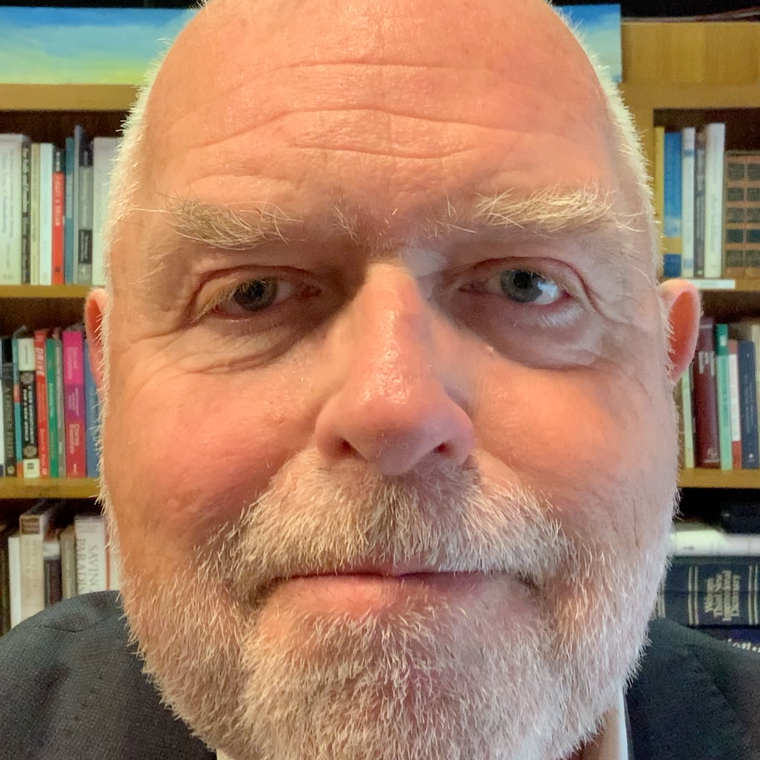
Rev. Dr. John Morehouse, Senior Minister
In his classic book, Love in the Time of Cholera, Gabriel García Márquez wrote of his hero: “He allowed himself to be swayed by his conviction that human beings are not born once and for all on the day their mothers give birth to them, but that life obliges them over and over again to give birth to themselves.”
As I have been contemplating the deepening crisis of this pandemic, I am struck by how we are being asked to be born again in new ways almost every day. The new normal seems to change daily as we feel the grip of this pandemic tighten around our society, our movements, our relationships and our livelihoods. Some thought it might be a few weeks of confinement; they are now coming to the realization that we will be dealing with this confinement for months. Even after the pandemic passes we will be on guard that it not recur and put us and those we love in danger again. Before our eyes we are watching as we see the death of so much of our way of life: restaurants closing, commerce ceasing, sanitizing constantly and the suspicion that any surface or any person could be carrying this disease. We are watching as our government, not known for its sense of social welfare, lurches towards some sort of temporary relief, leaving aside the very real prospects of a serious recession with millions of people out of work.
It would be easy to see this in cataclysmic terms; it is certainly deeply disruptive to every assumption about life as we have known it. As I quoted from Hafiz last week “Fear is the cheapest room in the house.” While fear is cheap, I do believe there is a deeper understanding possible. The word Apocalypse is often used to describe the end of the world. But the word has a more useful meaning here: an apocalypse is a sudden change that reveals new possibilities. Moses faced an apocalypse when he led the Jews out of bondage. Jesus spoke of a coming apocalypse when he proclaimed that the first shall be last and the last shall be first. The Jewish people felt an apocalypse when they suffered through the holocaust. We are going through an apocalypse right now. While ours is not the end of the world, it could be the birth of a new one.
Just as we are watching the fabric of our reality be turned inside out, so too are the new possibilities of a world paused. The atmosphere is cleaner now than in the last fifty years. The canals in Venice are so clean that dolphins have returned. We are spending more time with friends and loved ones than ever before, which either is going to break these relationships or deepen them in ways we didn’t think possible. I personally predict a baby boomlet in nine months. Talk about rebirth!
This time of confinement will certainly make us more cautious about those we meet again, but it also might create a renewed sense of purpose around making relationships deeper. Our new skills around virtual meetings will likely lead to less travel by business leaders and more connection with those who are far away. This will be good for the environment and good for us. We will return to eating out again, but some of us have discovered that we can actually cook and that it is good for us and our health.
Most importantly, we will have the opportunity to be born again with a new appreciation of our health, our freedom and the deep connections such as our congregation affords us. Our lives now oblige us to give birth again. We aren’t done with our apocalypse but there is more to this crisis than calamity. Our world is becoming something new right before our eyes. Let us do our best to encourage it to become better than the one we are leaving, if not for ourselves then for the generations who will follow.
Take good care and stay connected, Rev. John
